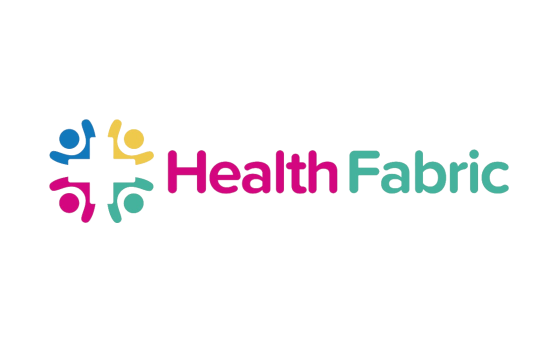 Digital health company Health Fabric is preparing to work with Sandwell Council after learning that it has secured support from The Healthy Ageing Challenge.
Digital health company Health Fabric is preparing to work with Sandwell Council after learning that it has secured support from The Healthy Ageing Challenge.
The company will work with public health experts and local communities on Healthy Sandwell programmes, following the successful bid to the "game changing" fund run by UK Research and Innovation and Innovate UK.
Health Fabric has created a platform called Unity that can be used to create health information in many languages and deliver it through an app. The technology is supported by a unique approach to engaging directly with BAME communities to encourage uptake and adoption.
Sandwell Council will be working with Health Fabric and local stakeholders for the next two years as part of its Healthy Sandwell initiative to improve health and well-being.
Public health experts will engage with 11 communities represented in the Sandwell Health Inequalities Programme, Sandwell BAME groups and other stakeholders to develop appropriate content and services for people with long-term conditions. These will include Type 2 diabetes and mental health conditions, as part of a wider plan of action to help people age well.
Councilor Suzanne Hartwell, Sandwell Council's cabinet member for adult social care and health said:
"This is a great digital intervention that can make a real difference to the health and wellbeing of our local residents. Receiving the right guidance and support to manage long-term health conditions can make a significant difference to people's quality of life. This digital intervention will provide this and make a tangible difference to our communities that may currently face barriers to easily access support."
Dr Lisa McNally, director of public health, Sandwell Council added: "This is an excellent achievement to have secured national backing for such an innovative project. We value and recognise the immense contribution that our community and faith groups deliver to improve the health and wellbeing of local residents and are excited to work in partnership with them again in ensuring the content of this app is meaningful and impactful."
Unity is a digital health platform that enables health and care professionals to segment their populations and create effective health and wellness campaigns.
It is designed to make access to health and wellness advice more equitable by supporting the creation of culturally sensitive information in many languages. Individuals can download this information through the Unity app.
The app also enables users to record data, such as mood or weight, and access self-help plans to address healthcare issues. Data and goals can be shared with family, friends and carers, so they can create an environment of support and encouragement.
Satnam Bains, the founder and chief executive of Health Fabric, said: "There were a lot of applicants to the Innovate UK competition, so we were really honoured to get through. This programme is the first of its kind in the UK, and it will be a great and rewarding opportunity to show how good public health initiatives can be supported by technology.
"Many ethnic minority communities struggle to access healthcare information in their own languages and this became a real issue during the COVID-19 pandemic.
"Sandwell saw how this contributed to the poorer outcomes experienced by some of our more deprived, ethnic communities. We are extremely pleased to be collaborating with them on this important initiative.”
The Healthy Ageing Challenge was set up to direct £14.4 million to projects that could deliver "clear, game-changing, service-led innovation to help people as they age."
UK Research and Innovation and Innovate UK were looking for projects that resolved unmet needs and supported businesses with "near to market" innovations that have the potential to scale.
The challenge fund initiative reflects the pressing need to find new ways to support the UK's ageing population. But the Sandwell project is also timely because there is a renewed focus at a national level of tackling health inequalities.
NHS England has urged local authorities and NHS commissioners, working in integrated care systems, to address inequalities and the poor outcomes that they can cause. The Unity platform is aligned with this agenda.
For example, it can support the Core20PLUS5 programme developed by NHS England. This focuses on the 20% most deprived people in society, plus communities that individual ICSs know to be at risk and aims to tackle five areas in which these groups experience poor health outcomes.
Bains concluded: "This project has been developed at just the right time. Health inequality is a really important hot topic at the moment, and we believe having this opportunity to work with Sandwell Council will show how we can help to deliver more equitable health and care."
About Health Fabric
Health Fabric is a digital health company that enables preventative models of healthcare where people proactively get the tools and support to manage one or more long term conditions. We believe digital experiences will transform the way healthcare is delivered to help people move to a self-service model of healthcare, proactively looking after themselves with trusted information, and support.